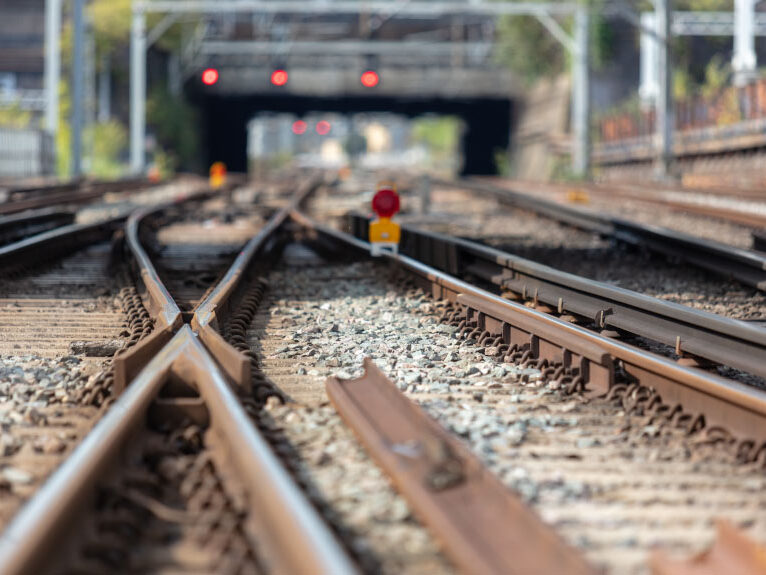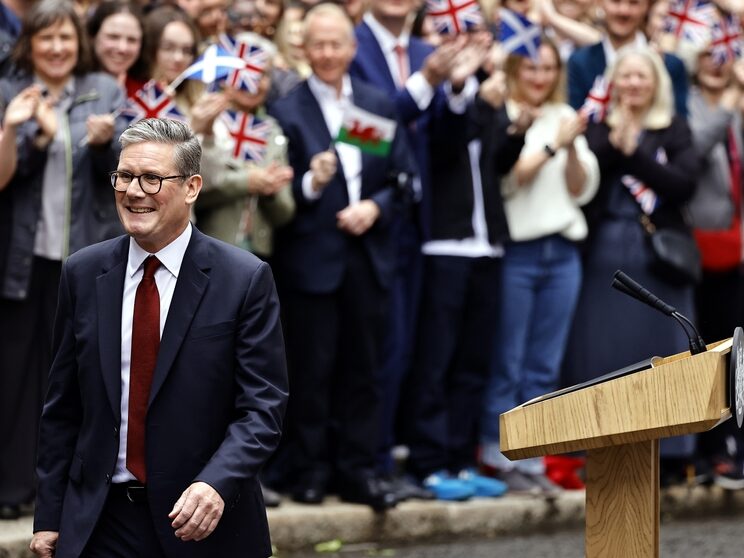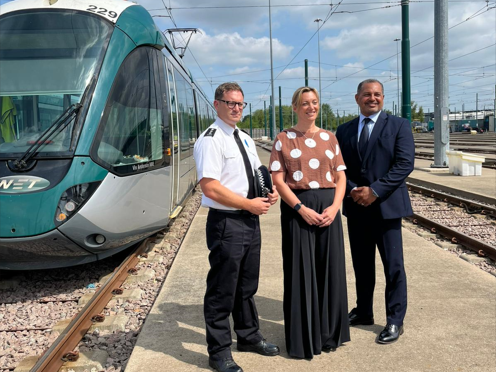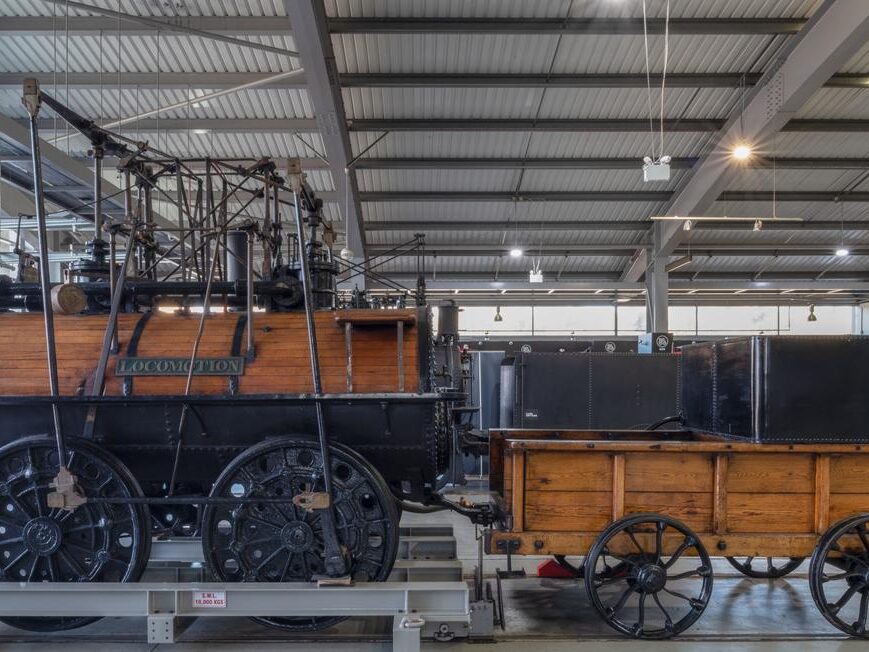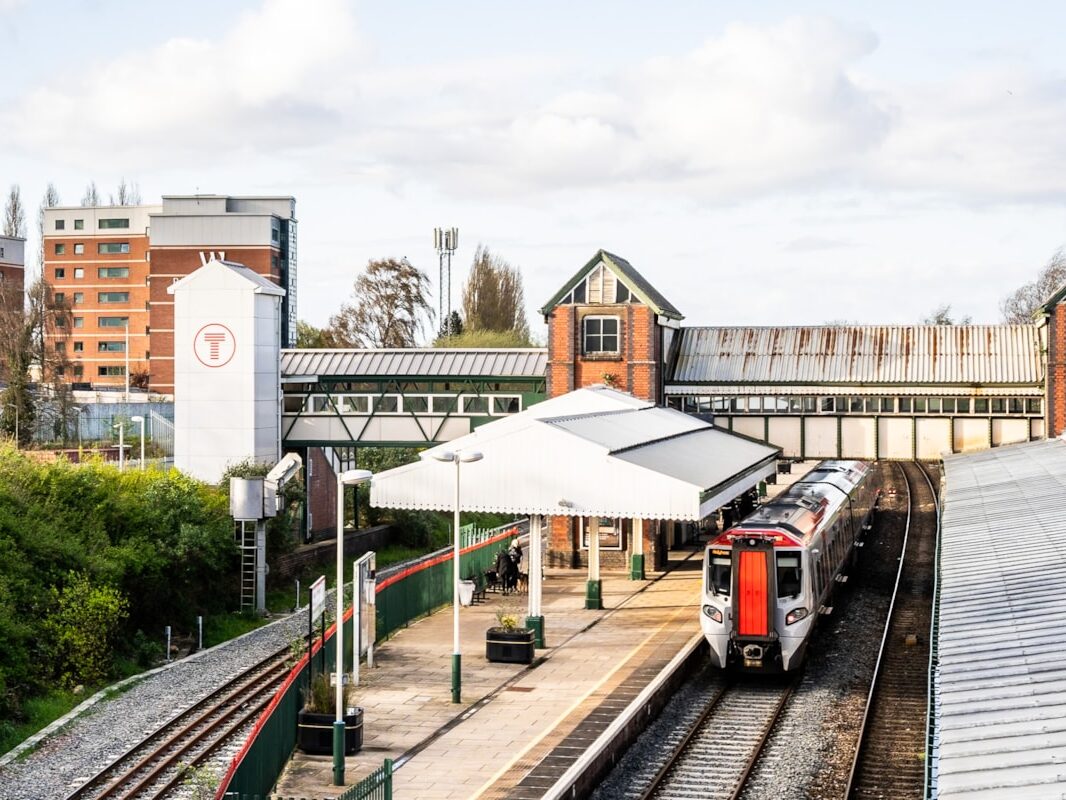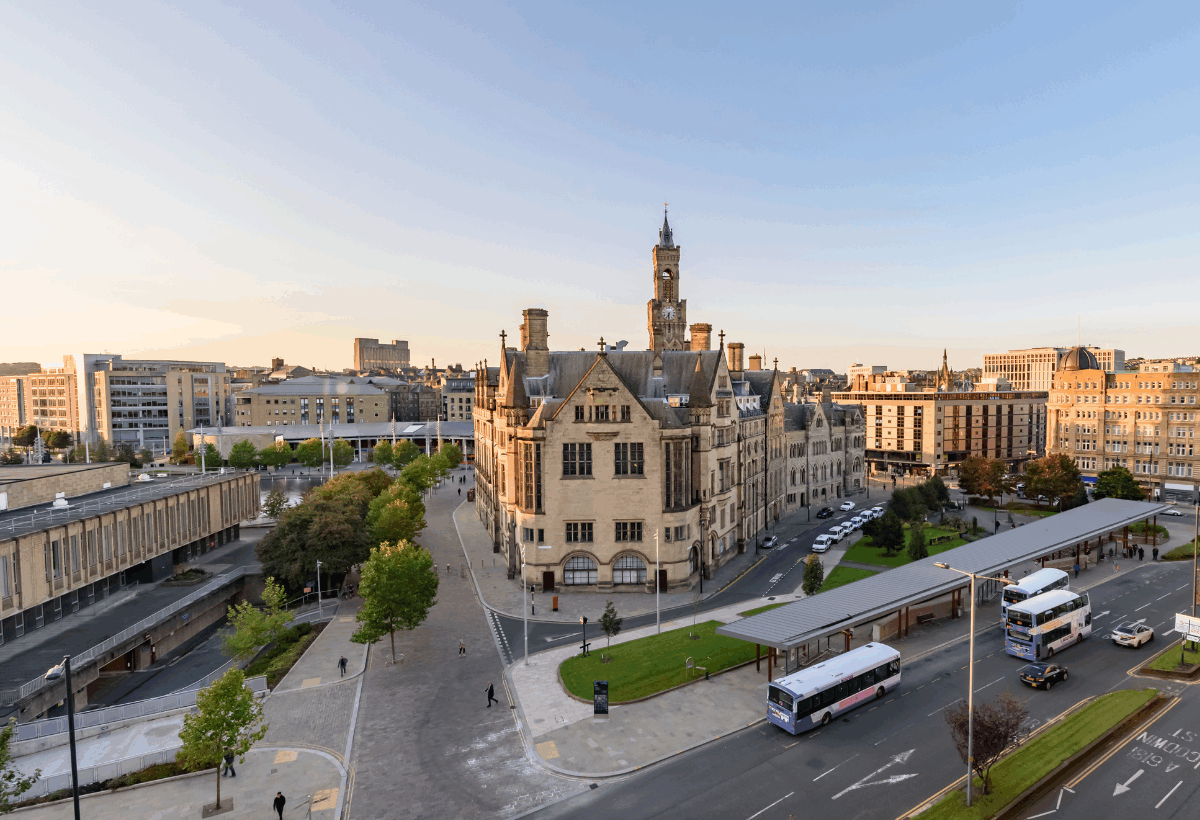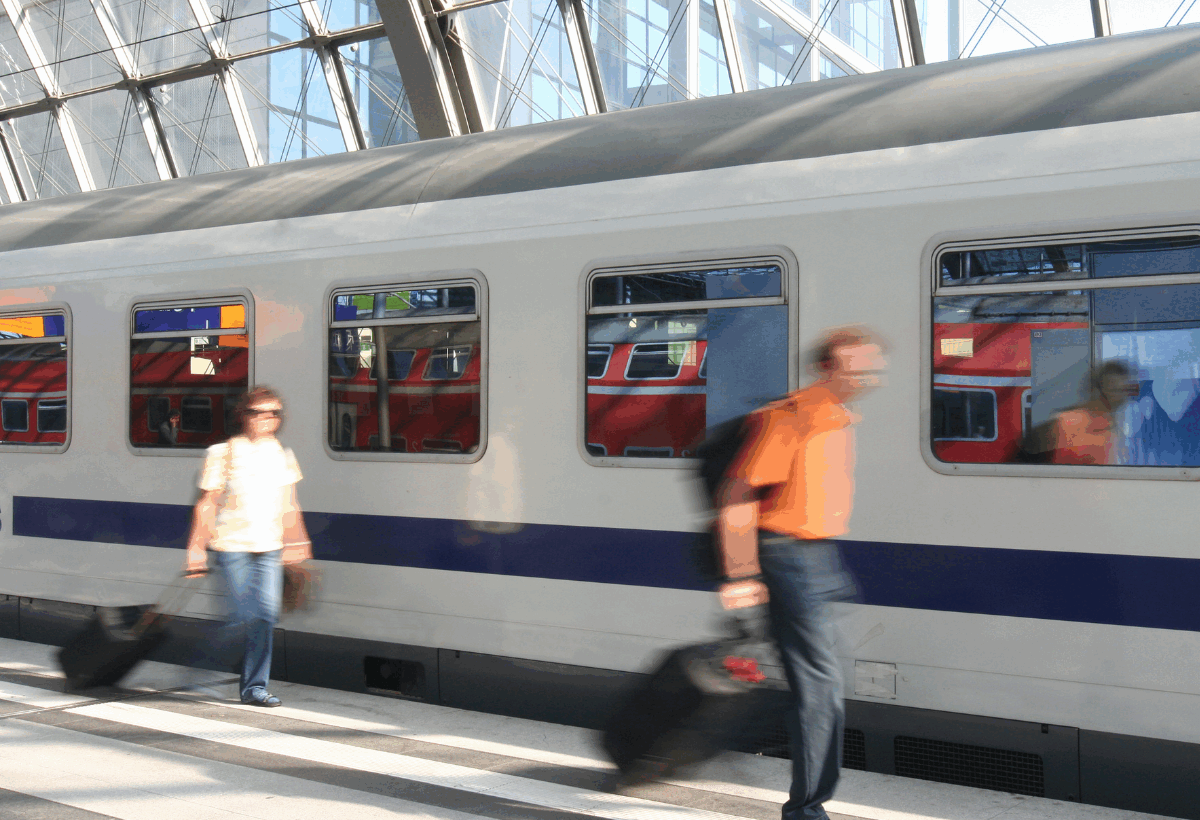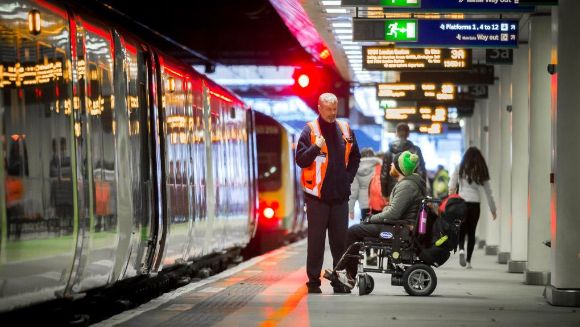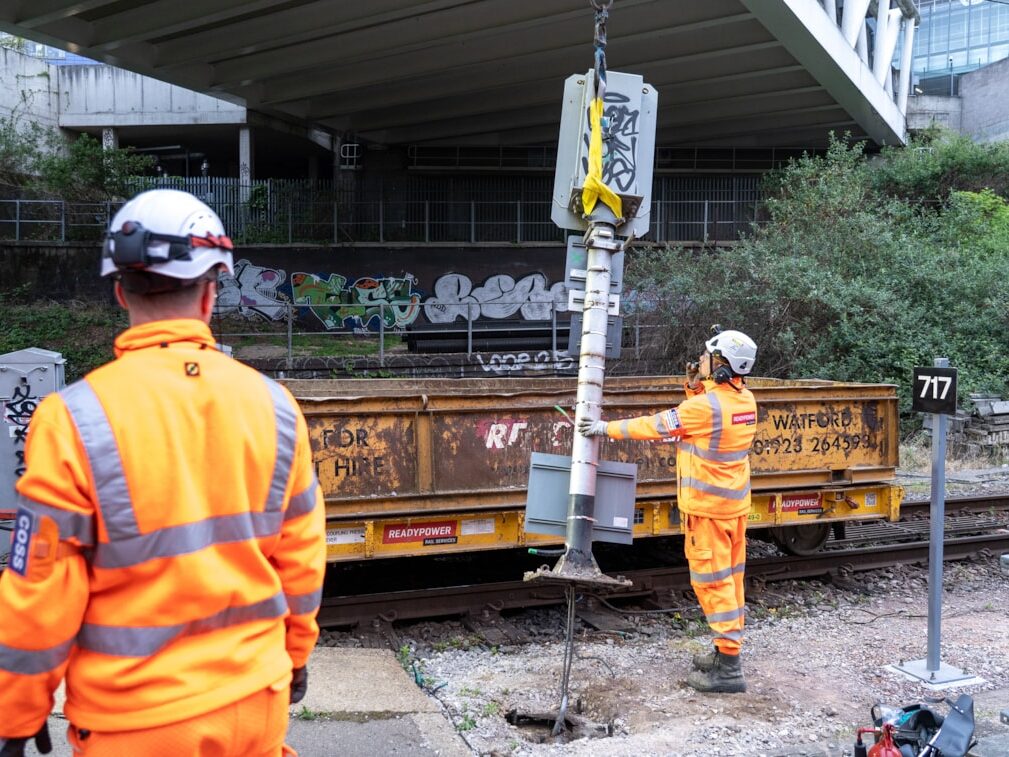From 25 May, South Western Railway (SWR) services have officially returned to public ownership, marking the first implementation of the government’s rail reform agenda.
This transition represents the beginning of a wider strategy to consolidate and restructure the national rail system following nearly three decades of privatised operations.
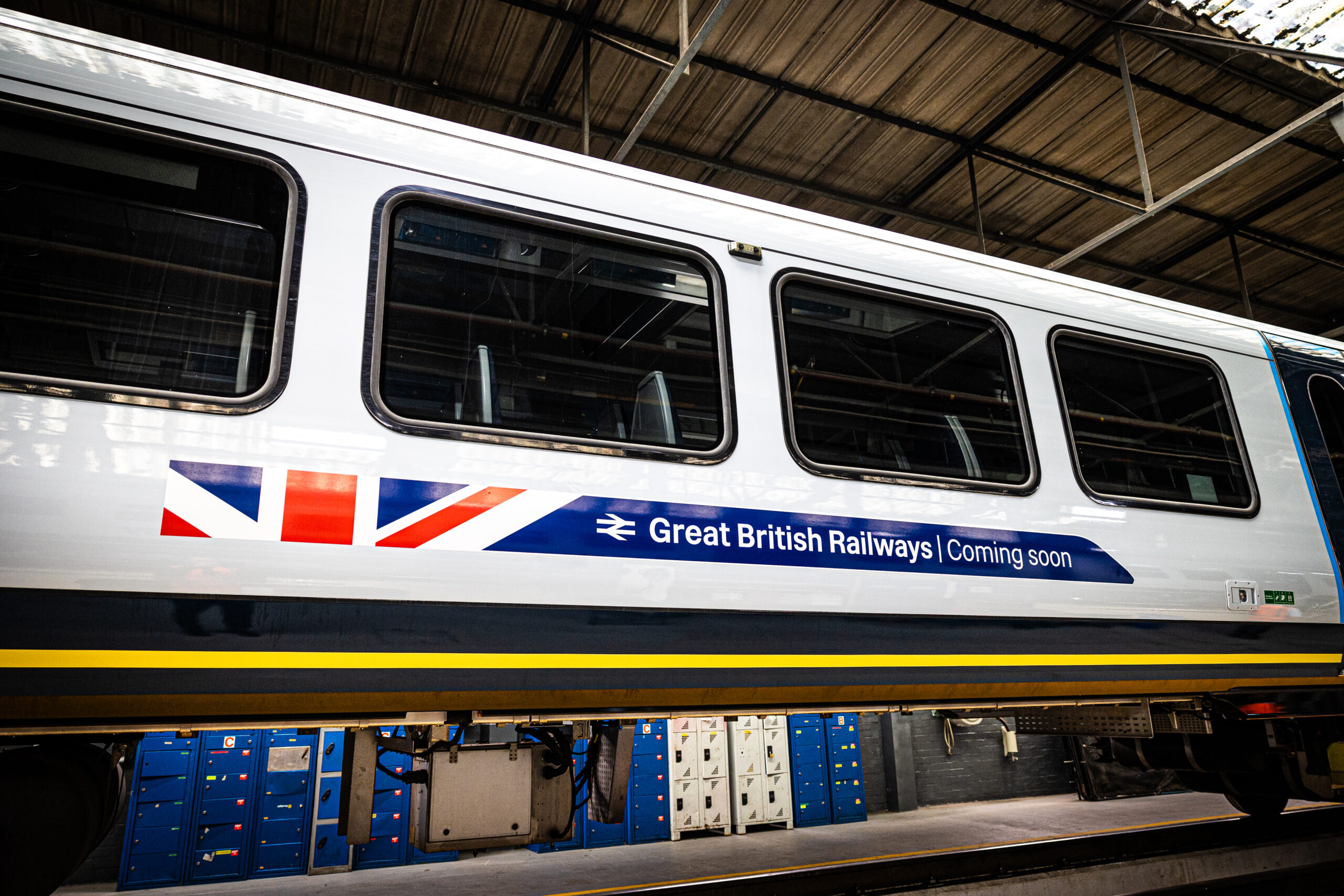
The Department for Transport states that this move is the first step towards the establishment of Great British Railways (GBR), a new public body intended to oversee both infrastructure and operations.
SWR is the first operator to come under public control as part of this phased reform, with all other passenger services contracted by the DfT expected to follow by the end of 2027.
Under this latest approach, operators will be subject to new performance standards focused on reliability, punctuality, and passenger experience. Meeting these criteria will be mandatory for operators to be formally recognised as part of the GBR network.
Secretary of State for Transport Heidi Alexander said:Today is a watershed moment in our work to return the railways to the service of passengers. Trains from Waterloo to Weymouth, Bournemouth and Exeter, will be run by the public, for the public.
But I know that most users of the railway don’t spend much time thinking about who runs the trains – they just want them to work. That’s why operators will have to meet rigorous performance standards and earn the right to be called Great British Railways.
We have a generational opportunity to restore national pride in our railways and I will not waste it.
These changes come in the context of the Public Ownership Act, passed in November, which enables the transfer of rail services to public hands without incurring additional costs to the taxpayer through early termination of contracts. Services will instead be brought in-house as current agreements reach their conclusion or are eligible to end.
According to the government, public ownership will help redirect funding towards passenger-facing improvements, potentially saving up to 150 million GBP annually in operator fees. Polling suggests there is broad public backing for this approach, with two-thirds of respondents reportedly supporting state-run services.
The reform is also aimed at reducing the fragmentation that has characterised the railway since privatisation in the 1990s. By bringing track and train under one structure, the government intends to improve coordination and simplify decision-making processes, ultimately improving service delivery for users.
Lawrence Bowman, Managing Director of Southern Western Railway said:I’m excited to join and lead the excellent team at South Western Railway, who come to work every day to deliver the best possible service for our customers, and moving into public ownership will make it easier for them to do so.
My immediate priority is to work with colleagues to develop a plan for SWR, that will make the most of the new simpler industry processes to deliver improvements in reliability and an increase in capacity.
Over the coming years I will focus on ensuring SWR moves into Great British Railways as a truly integrated industry-leading operation that delivers an excellent service to its passengers and the local communities we serve.
To mark the occasion, the first publicly owned SWR service departed London Waterloo at 06:14 on 25 May, accompanied by special station displays and announcements.
While the full creation of Great British Railways awaits further legislative progress, the SWR transfer is seen as a practical demonstration of the government’s commitment to its rail reform strategy.

















